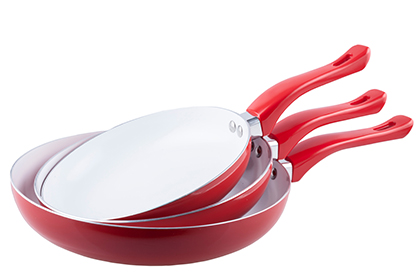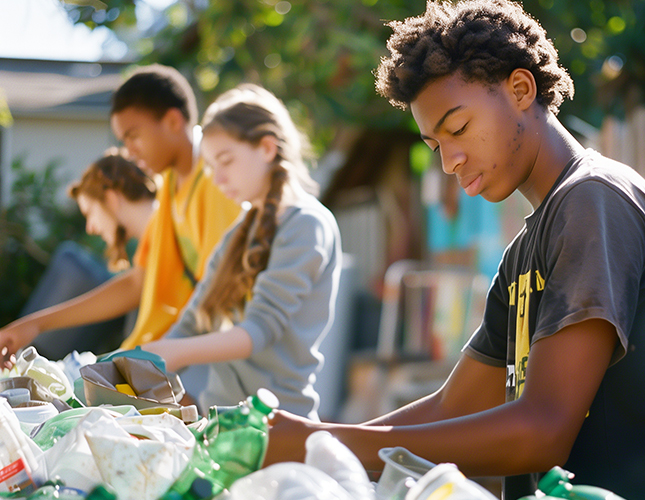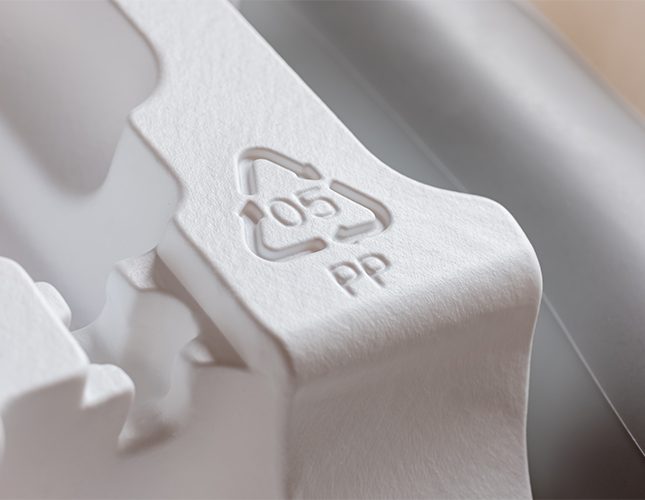What happens to the 7 different types of plastic, once recycled?

In this previous blog, we told you about the seven different types of plastic, made from different materials. They are used for different items and will be recycled into different products.
If you look at your plastics, you’ll see a number from 1 to 7 in a Möbius triangle, symbol of recycling. That tells you what it’s made of, what it’s used for, and what happens to it once it’s recycled, which is its recyclability rate.
Here are different examples of outcomes by type of plastic.
Be careful, not all numbers are recycled in the same way depending on the locality. Contact your municipality to see what you can put in recycling and what you can’t.
#1: Polyethylene terephthalate
Polyethylene terephthalate, is often transparent and is most often used for drinks like cups and soda bottles, etc.
The PET is inexpensive and lightweight, but more importantly, it is 100% recyclable, and there are many opportunities. When recycled, it is used to create new food packaging or to manufacture items such as carpets, car parts or furniture.
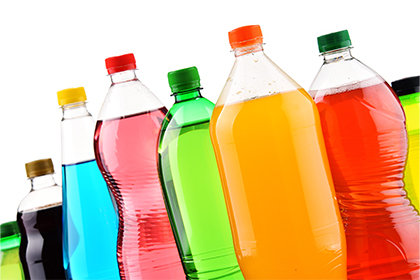
#2: High density polyethylene
High density polyethylene, is a hard, opaque thermoplastic, usually used to make laundry bottles, milk bottles and toys.
This plastic will be easily recycled in containers for laundry detergent, shampoo and hair conditioners, motor oil bottles, synthetic wood, pipes, buckets, crates, flowerpots, films, recycling bins, niches, picnic tables, fences and floor tiles.
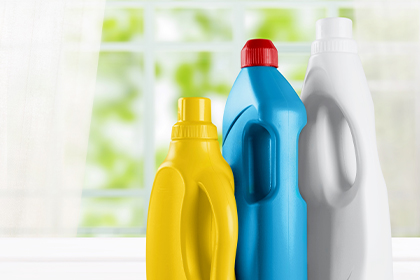
#3: Polyvinyl chloride (PVC)
Polyvinyl chloride (PVC) is found in food packaging, medical tubes, facade coverings, window frames, floor tiles and carpets.
Because of the toxins it can release if burned, recycling is not common. However, some manufacturers of plastic lumber accept the product, and in this case, it will be used to create pipes, tubes, industrial containers, cables, medical equipment, shoe soles and watch straps.
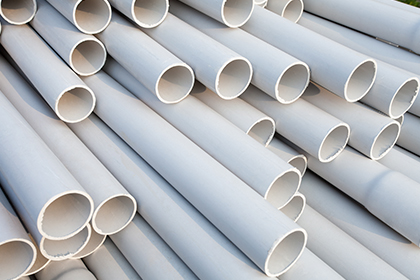
#4: Low density polyethylene
Low density polyethylene is used to manufacture frozen food bags, garbage bags, transparent kitchen film, softer plastic bottles, etc.
This plastic is very difficult to recycle, is only allowed in some recycling programs, and there are currently few recycling facilities for this type of plastic. This type of plastic also causes major problems for sorting centre equipment!
When recycled, it is used to make shipping envelopes, tiles, composting bins and garbage cans.
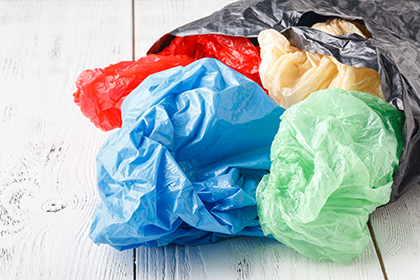
Mambo… oops… plastic #5 😀
Polypropylene is used to make containers, medical equipment, caps, lids, etc.
It can be recycled several times before reaching the end of its life and will be used to manufacture cables, brushes, brushes, ice scrapers, bike racks, rakes…
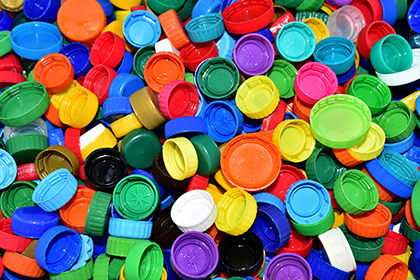
#6: Polystyrene
Polystyrene is used to manufacture disposable plastic dishes, coffee cups and lids, and some food containers (for example eggs).
It is generally not accepted in recycling programs, as industrial recycling processes are not very developed and there are few outlets.
However, when recycled, it can be used in thermal insulation products, license plate frames, or foam packaging.
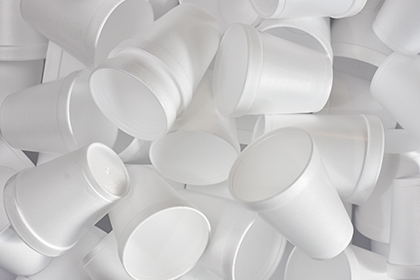
#7: Other types of plastics
This issue is for other types of plastic materials that are very rarely recycled, such as water bottles, interior coating of food cans, pans, pots and pans, dishes, etc.
Plastic #7 is very little recycled, especially because it is very difficult to separate the different types of plastic in this category.
However, they can sometimes be reused for the manufacture of very specific and tailor-made products.
